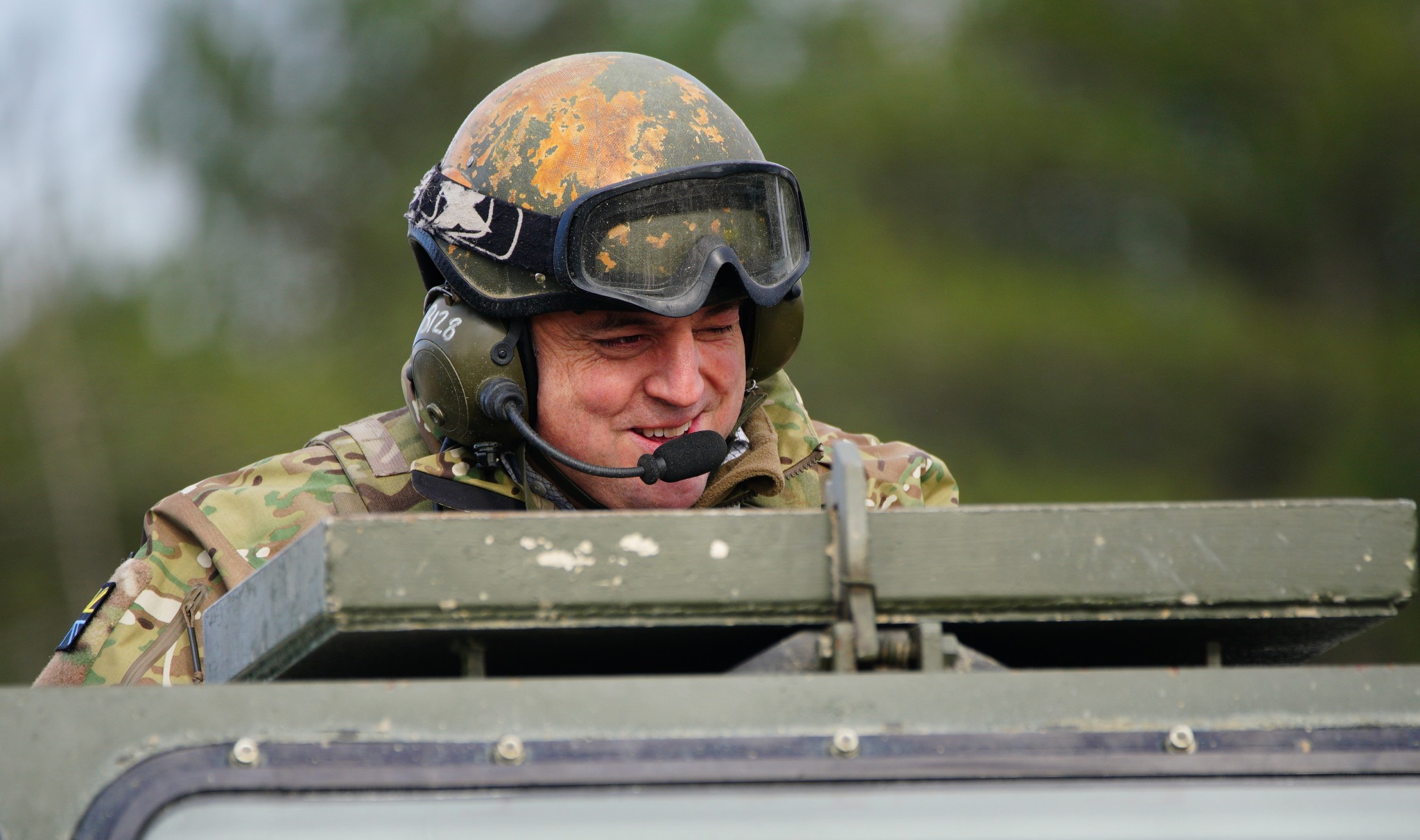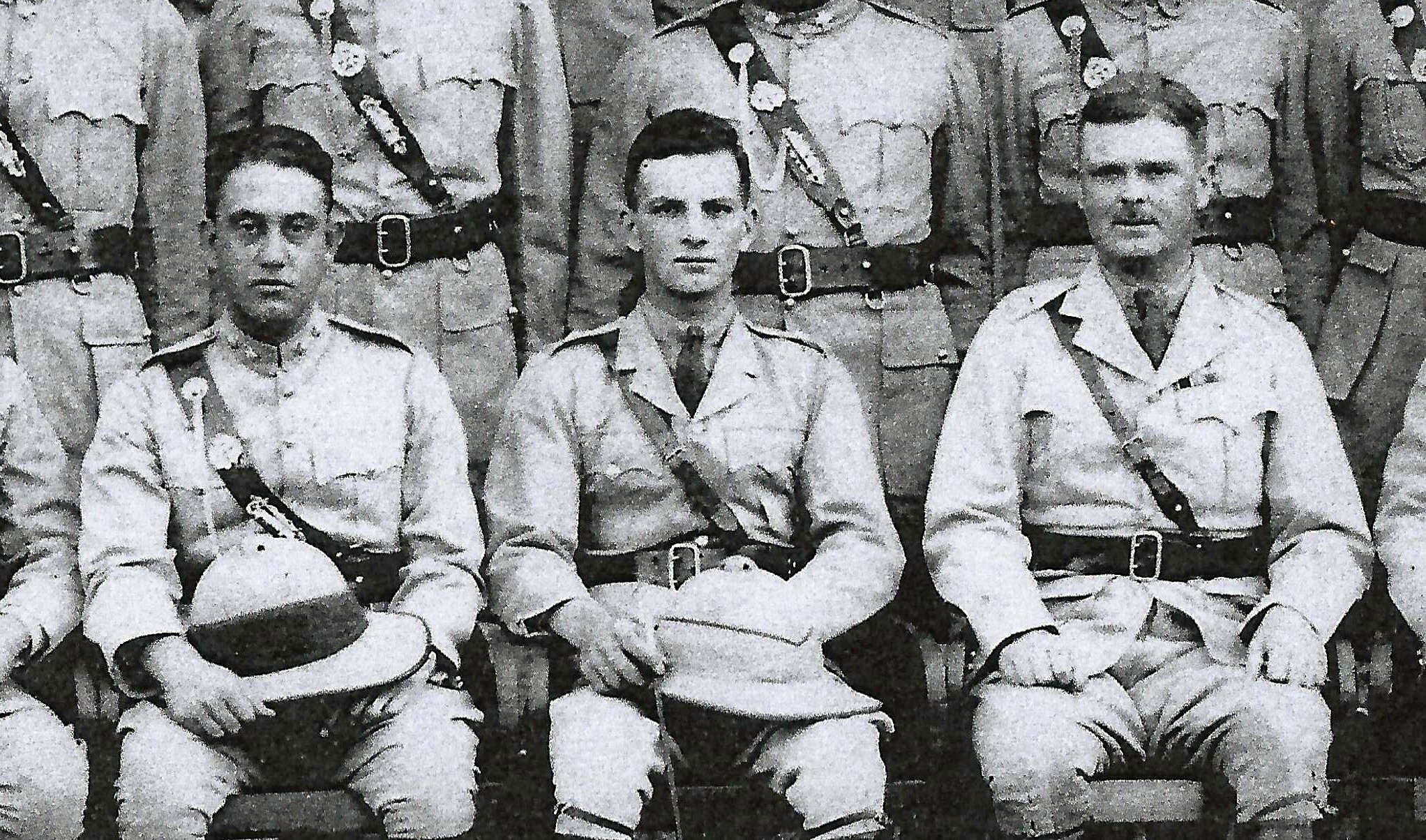The Ministry of Defence (MoD) refusal comes as Ben Wallace wants to pass a new law giving security forces an amnesty for conflict-era offences if they cooperate with a truth commission.
Wallace is a British army veteran who completed two tours of Northern Ireland.
He was mentioned in despatches in the early nineties for his “distinguished service” as a Scots Guards officer in West Belfast.
To receive such an award, his commanders had to write a citation outlining why his actions deserved merit.
Hundreds of citations for troops were made public at the UK National Archives 15 years after they were penned.
But the MoD has refused to release Wallace’s 30-year-old citation when asked by Declassified UK.
A six month freedom of information battle saw Britain’s information regulator intervene twice to challenge delays. A similar request by the writer Aidan McQuade was also refused.
Whitehall officials will only acknowledge Wallace’s award relates to an incident from 19 May 1992.
A local press report from the following day said police were questioning four unnamed people in custody suspected of carrying a bomb in a sweet jar.
Wallace’s commanding officer Colonel Tim Spicer wrote in a book: “Ben got the men and the bomb…the terrorists went to prison for a good spell.”
The MoD is refusing to release the names of IRA suspects captured by Wallace and cannot confirm if they were actually charged or convicted.
The army told Declassified it fears revealing their identities could “open the potential of legal action arising from disputed suspicion or misrepresentation of membership of the paramilitary organisations”.
Transparency may cause “potential risk to the emotional wellbeing of the families concerned” and jeopardise “the integrity of the wider honours system”, the MoD’s internal review found.
Although the details remain censored, Wallace did previously discuss his award in an interview with The Sun.
He told the tabloid how he caught an IRA unit with “one of those big glass jars that you found in old-fashioned sweet shops. It was filled up with Semtex plastic explosives and ball bearings, with wires coming out of it.”
Paul O’Connor, a human rights activist at the Pat Finucane Centre in Derry, commented: “It seems utterly bizarre to boast about an incident in the pages of The Sun and not release official army records from the very same incident.”
Kevin Winters, a defence solicitor in Belfast who represented IRA suspects in the 1990s and does not recall the Wallace incident, said: “Answering what is an entirely reasonable inquiry would have helped remove suspicions.”
Referring to the government’s proposal for a truth commission, he added: “The MoD has missed a real chance here to lend a modicum of credibility to its position on Troubles-related matters.
“This obstructive approach to a basic Freedom of Information Act review inquiry highlights yet again why it’s so important to keep the courts open to conflict-bereaved families seeking answers.”
Peter McBride
While there is no suggestion of wrongdoing by Wallace, his regiment was involved in controversy later that tour when two colleagues shot dead unarmed teenager Peter McBride in the back.
The men falsely claimed McBride had been holding a coffee jar bomb when he was killed in September 1992.
The pair were convicted of murder but released from prison less than four years into their life sentences. They were then allowed to rejoin their regiment.
When Wallace became a Conservative MP in 2005, he told the House of Commons the two soldiers had “genuinely believed [McBride] was about to carry out an act of terrorism”.
Wallace further claimed that the soldiers had “made, in my view, an error, but the courts felt that they had committed murder”.
The Pat Finucane Centre wrote in a recent letter to the British government that: “In a functioning democracy an elected official who refused to accept the ruling of the court in such a serious matter would not be seen as fit to hold public office.
“His recent comments where he described legacy inquests as a ‘merry-go-round’ caused additional hurt and anger to bereaved families.”
Wallace now backs a new Bill which would grant “conditional immunity” to anyone involved in deaths during the Troubles if they “provide a truthful account” to a judge-led panel.
The UN High Commissioner for Human Rights has urged the British government to “reconsider its approach”.
Amnesty International believes the law would let people “get away with murder”. Grainne Teggart, the group’s Northern Ireland deputy director, said “it will effectively shut down any prospect for real truth and justice for conflict related violations.”
An MoD spokesperson said: “All information that could be released was provided. Non-disclosure of the citation has nothing to do with the Northern Ireland Troubles (Legacy and Reconciliation) Bill currently before Parliament.”




